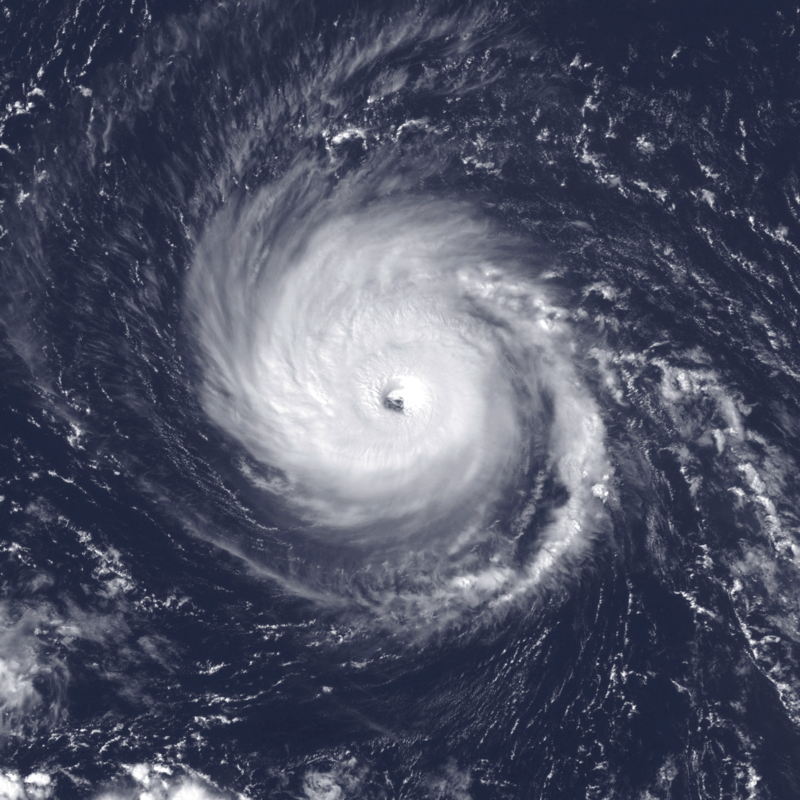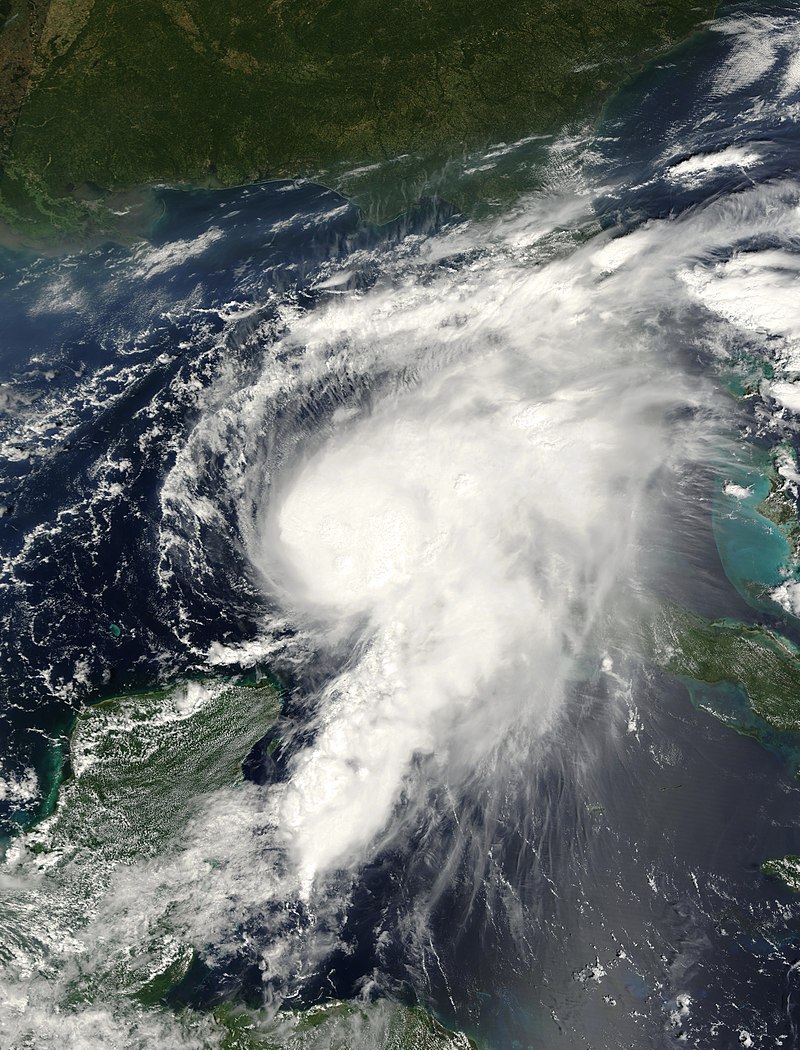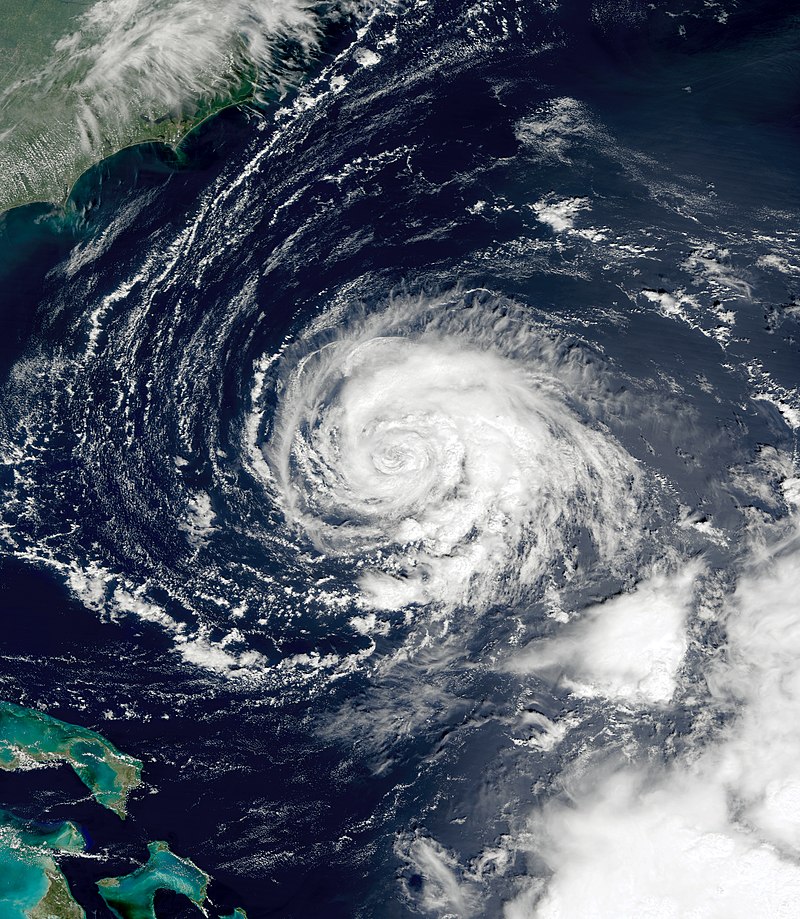Hurricane Felix, a powerful and destructive storm, emerged as one of the significant hurricanes during the 2001 hurricane season. This research article aims to provide a comprehensive analysis of the impact of Hurricane Felix on the affected regions, including the damage incurred, loss of life, cost of cleaning and rebuilding, and measures to enhance preparedness for future hurricanes of similar magnitude.
Introduction: Hurricane Felix developed as a tropical depression on August 31, 2001, in the warm waters of the Atlantic Ocean. Gradually intensifying, it reached hurricane status on September 3 and continued to strengthen rapidly. With sustained winds exceeding 145 mph, Felix was classified as a Category 4 hurricane on the Saffir-Simpson Hurricane Wind Scale.
Effects and Damage: As Hurricane Felix approached land, it targeted several regions, including coastal areas of the southeastern United States, the Bahamas, and portions of the Caribbean. The storm made landfall on September 6, causing widespread devastation. The areas affected by Felix experienced torrential rains, fierce winds, and storm surges, resulting in catastrophic consequences.
The Bahamas, in particular, bore the brunt of the storm’s fury. Islands such as Andros, Grand Bahama, and Abaco Islands were severely impacted. The storm surge, reaching over 15 feet in some areas, caused extensive coastal flooding and erosion. Strong winds, with gusts exceeding 165 mph, uprooted trees, destroyed infrastructure, and damaged countless buildings, leaving communities in disarray.
In the southeastern United States, coastal regions of Florida, Georgia, and the Carolinas faced significant impacts. Coastal flooding inundated low-lying areas, causing extensive property damage and rendering numerous homes uninhabitable. High winds resulted in widespread power outages, disrupting essential services and communication networks. Additionally, inland areas experienced heavy rainfall and subsequent flash floods, exacerbating the destruction.
Loss of Life and Cost of Rebuilding: Tragically, Hurricane Felix claimed numerous lives in its path of destruction. The exact toll remains uncertain, but preliminary reports indicate a significant number of fatalities and injuries, particularly in the Bahamas and Florida. Rescue and recovery efforts were hindered by the scale of destruction, including impassable roads, fallen debris, and damaged infrastructure.
The cost of cleaning and rebuilding after Hurricane Felix amounted to billions of dollars. The extensive damage to homes, businesses, and public infrastructure necessitated comprehensive reconstruction efforts. The affected regions relied heavily on governmental assistance and humanitarian aid to facilitate recovery, including debris removal, housing assistance, and restoration of critical facilities and utilities.
Enhancing Preparedness: Considering the immense devastation caused by Hurricane Felix, it is crucial to prepare for future hurricanes of similar magnitude. Here are some measures that individuals and communities can undertake to enhance their preparedness:
- Stay informed: Regularly monitor weather forecasts and updates from reliable sources to stay informed about potential hurricanes and their projected paths.
- Develop an emergency plan: Create a comprehensive plan that includes evacuation routes, designated meeting points, and emergency supplies like food, water, medications, and important documents.
- Strengthen infrastructure: Governments should invest in robust infrastructure, including storm-resistant buildings, reinforced power grids, and effective flood control measures to mitigate damage caused by hurricanes.
- Community preparedness: Foster a culture of preparedness by organizing community training programs, drills, and awareness campaigns to educate residents about hurricane safety measures and evacuation protocols.
Interesting Fact: As a direct result of Hurricane Felix, advancements were made in hurricane tracking and forecasting technologies. The data collected during the storm provided valuable insights into hurricane behavior and improved the accuracy of forecasting models. This led to enhanced preparedness and response capabilities for future hurricanes, thereby saving lives and minimizing damage in subsequent storm events.
Conclusion: Hurricane Felix, a devastating storm that struck during the 2001 hurricane season, left a trail of destruction in its wake. The affected regions suffered significant damage, loss of life, and extensive economic costs. By implementing proactive measures such as staying informed, developing emergency plans, strengthening infrastructure, and promoting community preparedness, individuals and communities can be better equipped to protect themselves against the impact of future hurricanes. The lessons learned from Hurricane Felix have contributed to advancements in hurricane tracking and forecasting, ensuring improved preparedness and response efforts in the face of future storms.




Leave a Reply